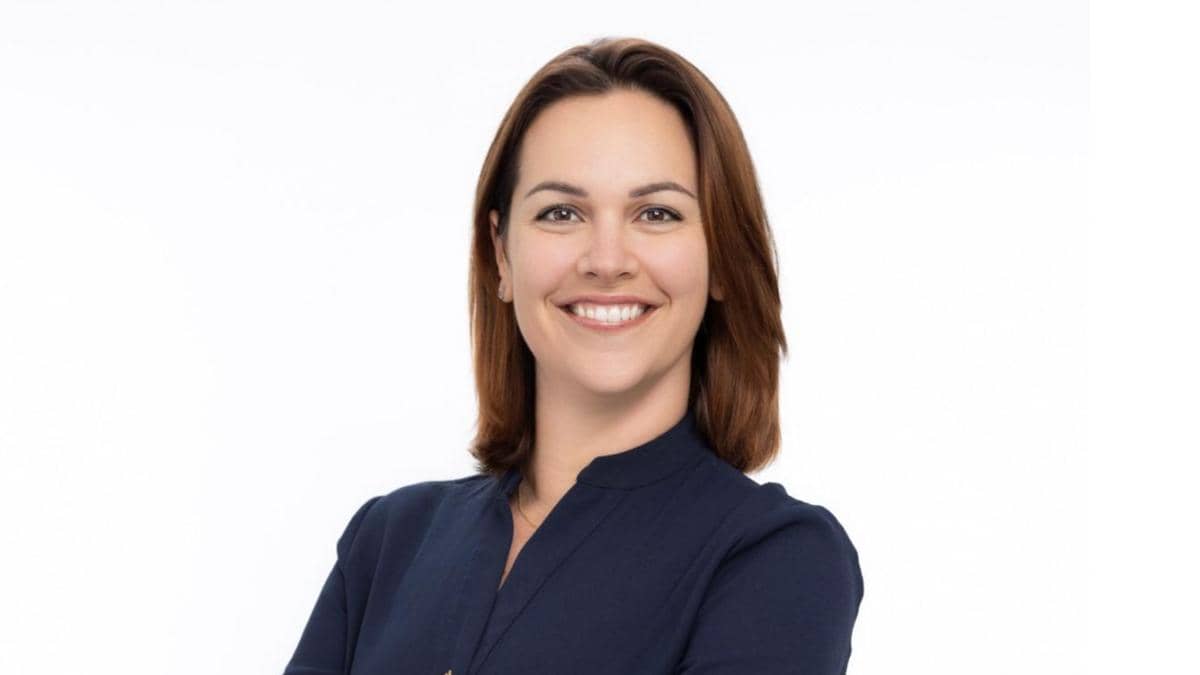Matteo Calgaro from Fideuram Intesa Sanpaolo Private Banking is our Advisor of the Month

22 FEB, 2023
By Teresa Blesa from RankiaPro Europe
Matteo Calgaro works as a Private Banker for Fideuram - Intesa Sanpaolo Private Banking. After a master's degree in Business Administration obtained with honors from the University of Verona, he began his career as an assistant and analyst for a financial advisory firm. Later, after a banking experience as a retail manager, he decided in 2021 to devote his energies and skills to people and become a guide for them in their savings and investment choices. Being a member of the Single Register of Financial Advisers since 2019, his dream is to manage an investment fund and thus celebrate the marriage between finance and the real economy.
1. When and how did your career in the financial sector begin?
I like to think that my career in the financial sector began a long time ago when I was still a child. My curiosity about this world - fascinating, as it was incomprehensible - went so far that I wanted to know more about it: "Dad, what is a stock?"
The answer became clear to me sometime later, during my studies in Business Administration when my interest in finance became a real passion.
If I had to pinpoint a precise moment from which everything started, I would choose the moment when I understood how to estimate the value of a company and therefore also that of a listed stock: from that moment on, it was as if a Pandora's box made of curiosity and a desire to learn had opened.
With my first professional opportunity within a financial advisory firm, i began a path that today has led me to the role of consultant to assist people in their savings and investment choices.
2. How does a daily workday unfold for you? How do you organize your time?
The very first part of the day, with an iPad on the kitchen table and a cup of hot coffee in your hands, is invariably dedicated to reading the day's news and insights. Not missing a glance at the previous evening's Wall Street closings and the day's pre-openings to get a taste of what the market day might hold.
Once at the office, it is the agenda that dictates the pace of the day: thinking of a typical day is objectively difficult. Referring back to recurring situations, normally the morning is dedicated to managing communications with the facility, dealing with my work team, and, most importantly, studying customized solutions for clients.
The afternoon, on the other hand, is dedicated almost exclusively to clients with in-person meetings and phone conversations.
In any case, for the organization of the day my best partner is technology: without my small but essential digital tools for scheduling appointments and commitments I would simply be lost.
3. What do you think is the most important part of wealth and wealth management?
The most important aspect of those who, like me, are in the profession of wealth advisor is the skill of being able to grasp, interpret and meet people's needs.
If we were to express a definition, the advisor should be a facilitator: a figurehead who can handle the complexity of the investment world and translate it into simple, understandable solutions. I believe this should be the deepest and most important meaning of a wealth management service.
4. What are your customers looking for right now? What would you recommend to them given the current state of the markets?
They are looking for a guide, a reference. They are looking for a partner wh,o with transparency and expertise, will guide them in their savings and investment decisions.
Fortunately, I see in the people I meet less and less obsessive focus on performance and more and more awareness that investing is a slow process that requires patience and steady nerves. This is a very good sign of maturity, an indication that the saver is becoming progressively more emotionally familiar.
In the current market environment-following an annus horribilis for portfolios-I see a lot of value in the bond segment, especially in short maturities and European corporate.
Regardless of the objectives and specificity of situations, I currently believe that bonds are the asset class with the best risk-return profile. Also, prospectively, they could benefit greatly from the end of the rate-hike cycle by central banks and the containment of inflation.
5. What sectors do you think are particularly attractive right now?
Basically, the most attractive sectors are those that manage to innovate consistently and systematically, creating and distributing value.
Personally, I am following the evolution of digital assets and decentralized finance very closely, because I am convinced that many innovations in this field will be integrated into the banking and financial system of the near future.
AI applications will have to be followed closely because they will change many aspects of our daily lives, and private healthcare will be destined to become increasingly important in developed economies due to public inefficiencies and an aging population.
I also closely follow the companies involved in the so-called space economy because satellite and space exploration technologies will be the strategic avenue for economic and military supremacy.
6. Have you noticed a change in the profile of your customers in recent years? How would you describe your average client?
In recent years there has been a clear need for more transparency, especially regarding costs and how the advisory relationship is managed. I think this is due not only to the regulatory interventions that we are all familiar with, aimed at greater protection towards the saver but also to what I would call a process of democratization of investing made of easily accessible and very efficient passively managed products.
This is why today's clients expect tangible added value from their advisor, a professional who is not limited to the solution-product, but someone who responds to their needs, which are no longer only strictly financial.
7. What advice would you give to someone who wants to pursue a career in finance?
It is always difficult to give advice that can be valid in an absolute sense, but I will try.
For those who want to work in finance, I would suggest studying this world from different perspectives.
In addition to having a briefcase of solid skills, I find it essential to have heterogeneous experiences and always approach the subject with an overview that goes beyond the technicalities of one role or function.
Indeed, with high complexity and constant changes of scenario, only open-minded thinking that is always ready to question itself can take you far.
8. When you have free time, what do you like to do?
I love anything with four wheels and an engine (preferably V12, although that doesn't seem to be very fashionable today). Therefore, you may find me for much of my free time grappling with Motorsport.
In the remaining "free time of leisure," you might find me at the gym or reading articles on geopolitics, technology, and ... finance, all strictly in English.


